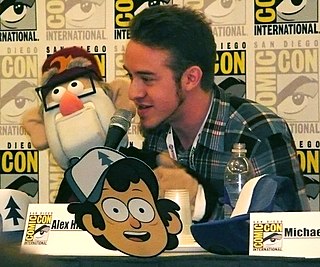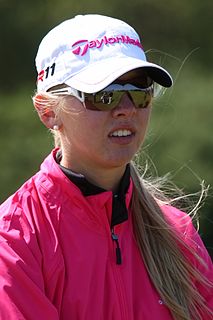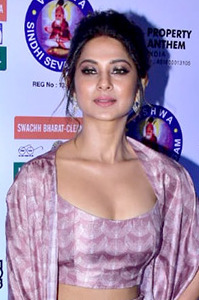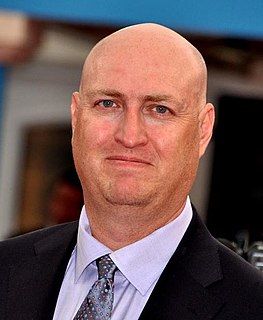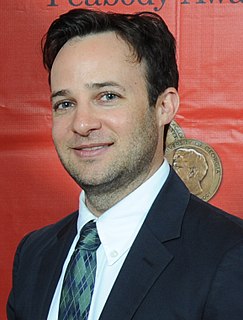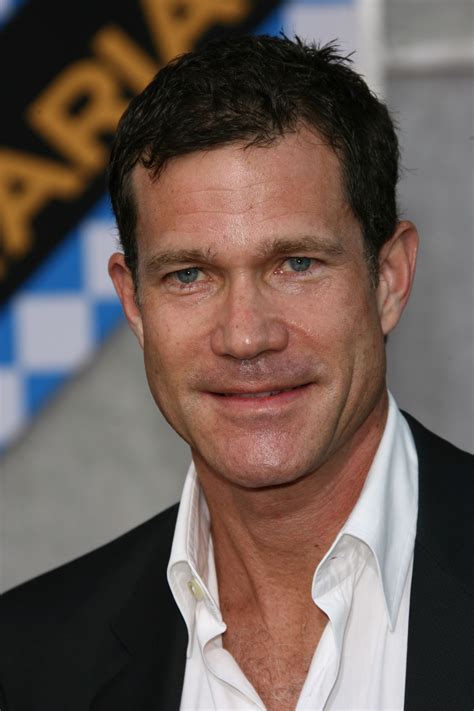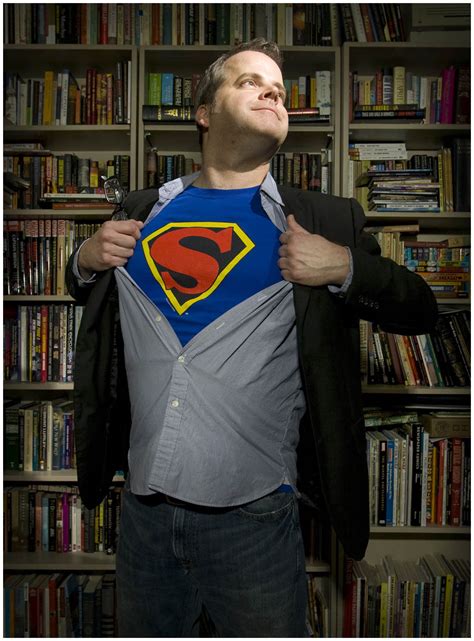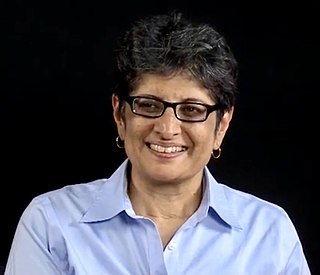A Quote by Richelle Mead
The nice thing about a series is you can end on cliffhangers all the time. You can be like, 'You know what? Here we go, this person just died, end of book.' And with the end of the series, you're very conscious of all the plotlines that were left hanging. There's a balance there to wrap those up but still leave it exciting.
Related Quotes
Endings of television shows are sometimes such depressing things. I think shows that have more of a narrative and are about what's going to happen next, those need to wrap up as a complete story. But it's weird when a goofy comedy show needs to end, and we knew it was going to be the end, and sometimes it's just better if a comedy show ends and goes away and they never had a series finale.
I did a lot of growing up in 2011. Going out on tour was like being thrown into the deep end of the pool, and I was not prepared for what pro life is like. I was still in high school and had a hard time finding balance. But I got some advice from Jack Nicklaus at the end of the year, and he put a lot of things in perspective. He told me that balance is the most important thing in life - and when I start mastering that is when I'm going to be the happiest.
The exciting thing about today with the Internet, streaming, and YouTube, is you can just go do it. You can go make a short and put it up, and it, very well, may be seen. You can create your own Internet series and just put it out there. It wasn't like that when I was in my 20s. People weren't doing this sort of thing - now they can and they should try it.
It was hilarious [last scene with Edward Cullen] considering we'd spent the entire series filming in the most miserable conditions, and then we end on the beach in the Caribbean filming for two days in the sea. That was fun. We literally did the last shot as the sun was coming up in St. Thomas in the Virgin Islands. It was a nice way to end it, because they were considering shooting it in the sea in Vancouver, which would not have worked at all.






